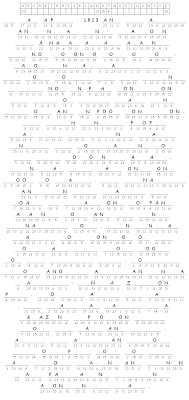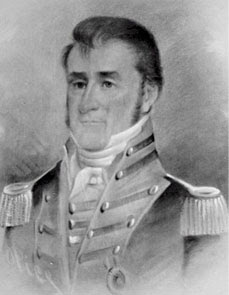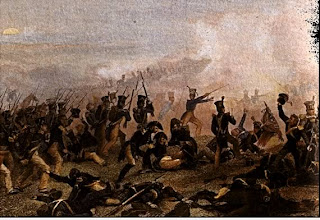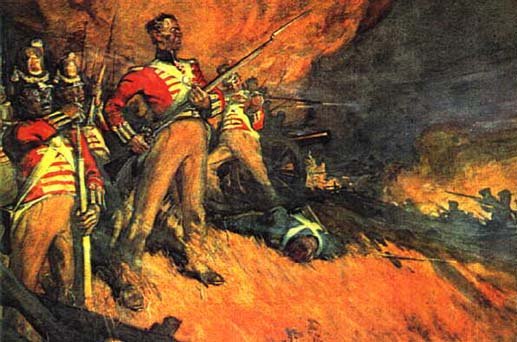
General Sir George Prevost,
- Born May 1767, oldest of five children well educated at school
- commissioned to the army in 1779
- transfered to 74th foot (regiment I guess) as a lieutenant 1782
- Became Major in 1790
- Went to Nova Scotia as lieutenant Governor
- Commanded British Canadian forces in 1812
- Withdrew from victory at Sackets Harbor
- Defeated at Plattsburg in 1814
- Court-Marshalled in 1815, but died shortly before hearing








